Summary
Linds here! Join me as I explore my relationship to discipline, how it has evolved, and how I have harnessed discipline to help me find more space and freedom in my life.
In this post you’ll learn:
- My personal journey with self discipline
- How self discipline has led me to more freedom
- 3 tips to practice and embrace self discipline
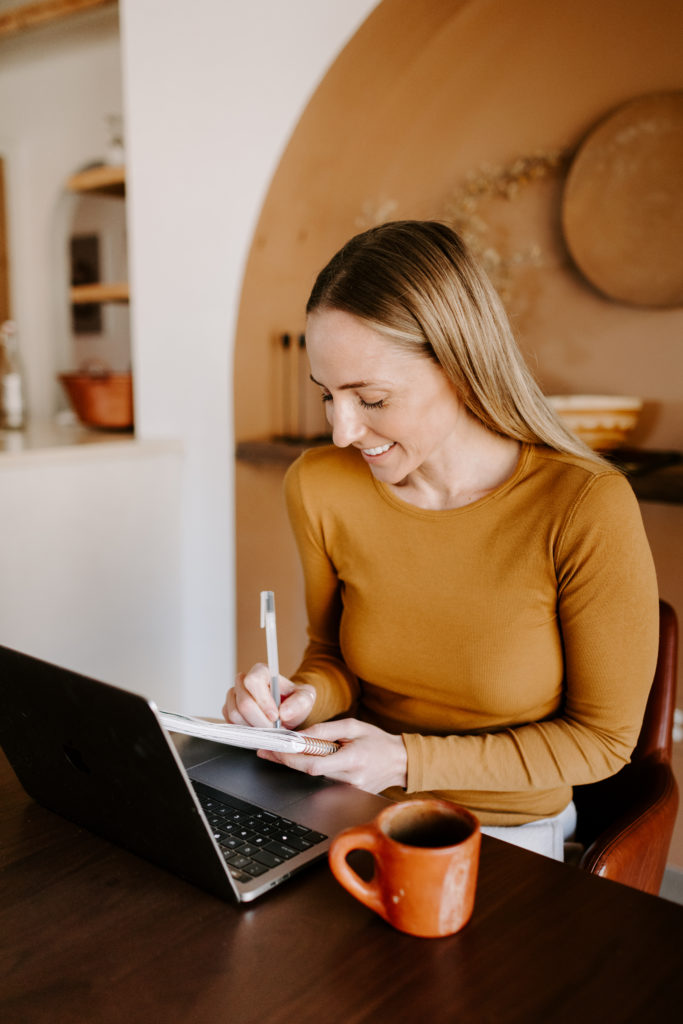
It’s Linds and I’m here to talk discipline…I know, hearing that word can feel constricting, boring, or just, “ugh do I have to?” That was my reaction to it for years. But stick with me here!
My journey with discipline has evolved so much over the years. I used to feel allergic to the concept, but I redefined what it means to embody discipline and as a result, I’ve developed a better understanding of who I am.
I am still working through why I felt allergic to it. A part of it is that growing up my parents were incredibly disciplined people. My dad was a semi-professional tennis player, so he had to be disciplined to excel in his sport. He looked at me as a budding performer and wanted to bestow the concept of discipline onto me, but I didn’t understand what discipline actually looked like.
It felt like a lot of sacrifices, and as a teenager and going into college, I didn’t want to sacrifice anything — especially fun and seeing friends. I spent a lot of time in college and just out of college feeling like if I gave too much, I would become disconnected from my friendships and social life, so I never really got into a rhythm.
I only knew how to be disciplined for short periods of time, but over the years I’ve learned that consistently generates more momentum and is much more beneficial than short spurts of discipline.
As I examined my resistance to discipline, I became curious about what the word discipline actually means. I found that it comes from the Latin word “discipulus,” which translates to “pupil.” It is so powerful to think about myself as a student of myself and of life! This new realization allowed me to reexamine discipline from a place of receiving. Although discipline has drive, it is also a beautiful place to be open to receiving more information and skills.
I asked my soul, “What is the purpose of discipline?” This is what came through…
Discipline shows you what could be possible. It is a commitment to your own potential and calls forth what already is to further embody itself. Discipline shows you what is possible.
I also learned that having discipline gives me so much more faith in myself. When I find that I am committed to my work, my faith meter goes through the roof because I have this tangible earthly proof that gives me confidence and trust in myself that anything is possible.
I want to share 3 tips to help you embrace and practice discipline in your life:
1. Identify people who are very disciplined
My boyfriend is one of the most disciplined people I know, but because of my own insecurities, I wasn’t able to appreciate him as an example. Eventually, I realized that his discipline is one of the things I love most about him, and that allowed me to appreciate and learn from him. It’s important to be able to express your appreciation to the person because this allows for conversation and support.
In the past, I have said I want to be more disciplined with regard to certain aspects of my life and my boyfriend would become my accountability partner. I recommend weaving a web of people around you that you can lean on, observe, and learn from because of your respect for their process and relationship with discipline. Then in those moments when you’re like, “how do I be more disciplined?” you’ll think of those people and what they would do.
2. Set up systems
Set aside time to commit to yourself! Because I have more free time on the weekends, I turn my phone off on Saturdays from 10:00 am – 2:00 pm to focus on my music. I block off each hour as a different focus within what I am trying to learn or produce. The first hour is for figuring out technical shit that I am bad at (I get that out of the way), and then the second hour I’ll play with no pressure to produce anything and often will discover a new sound or beat.
I always associated discipline with being boring and restrictive, but it is actually the structure you need to feel more creative and freer.
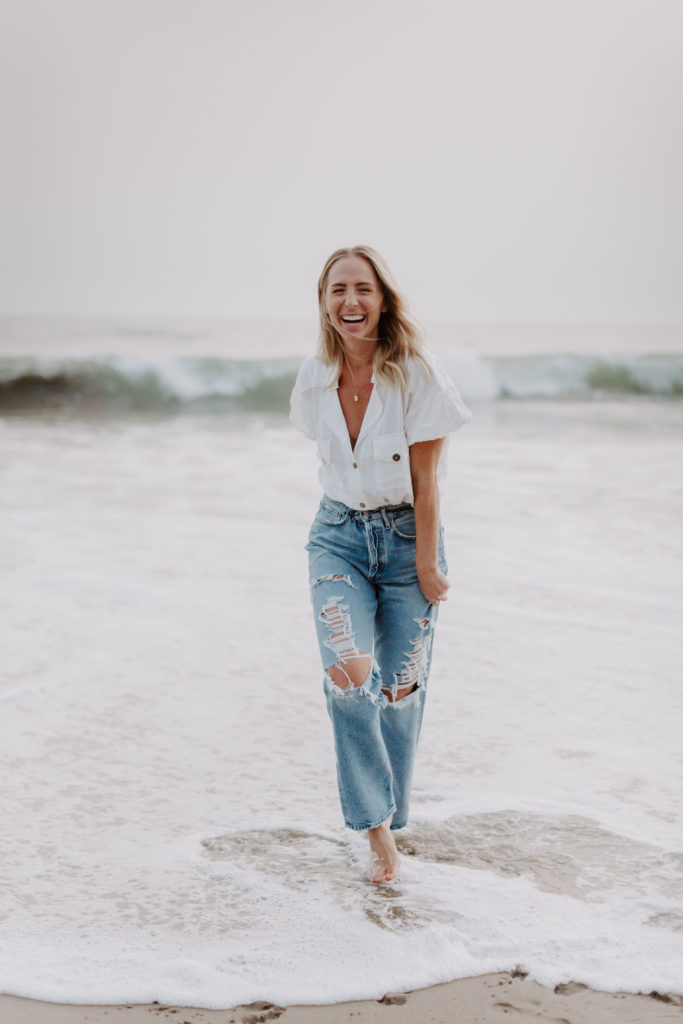
3. Utilize a progress journal to maintain discipline
Journaling has always been something I struggle with because I am kind of afraid of what I’m going to say, plus it takes up time. But in setting up these systems, I wanted to keep track of my progress so I could look back and say, “wow you can actually play that chord now.” I write down in detail what I learned or the progress I feel I made in a session, as well as goals for the next week.
Writing goals is great to help see where you want to go. They are just little flags in the sand guiding you and are totally attainable — so long as you put one foot in front of the other. For example, I’ll write that I want to learn to play three jazz chords and be able to name them when I hear them. Then when I do, I am amazed.
It’s incredible how your micro-steps forward compound over time.
Now we know that discipline doesn’t have to be like your boring uncle that you have to talk to. Discipline can be the greatest ally in your pursuit of creating, learning, and delivering your truest essence and purpose in this world. I know that for me, it’s the root that grounds me in reality.
Without discipline, I find that I am so in my head — I am overthinking and second-guessing — but with discipline, there is a safe space for my talents to come out and play. Your gifts deserve to shine too! We are all so deserving of discipline.

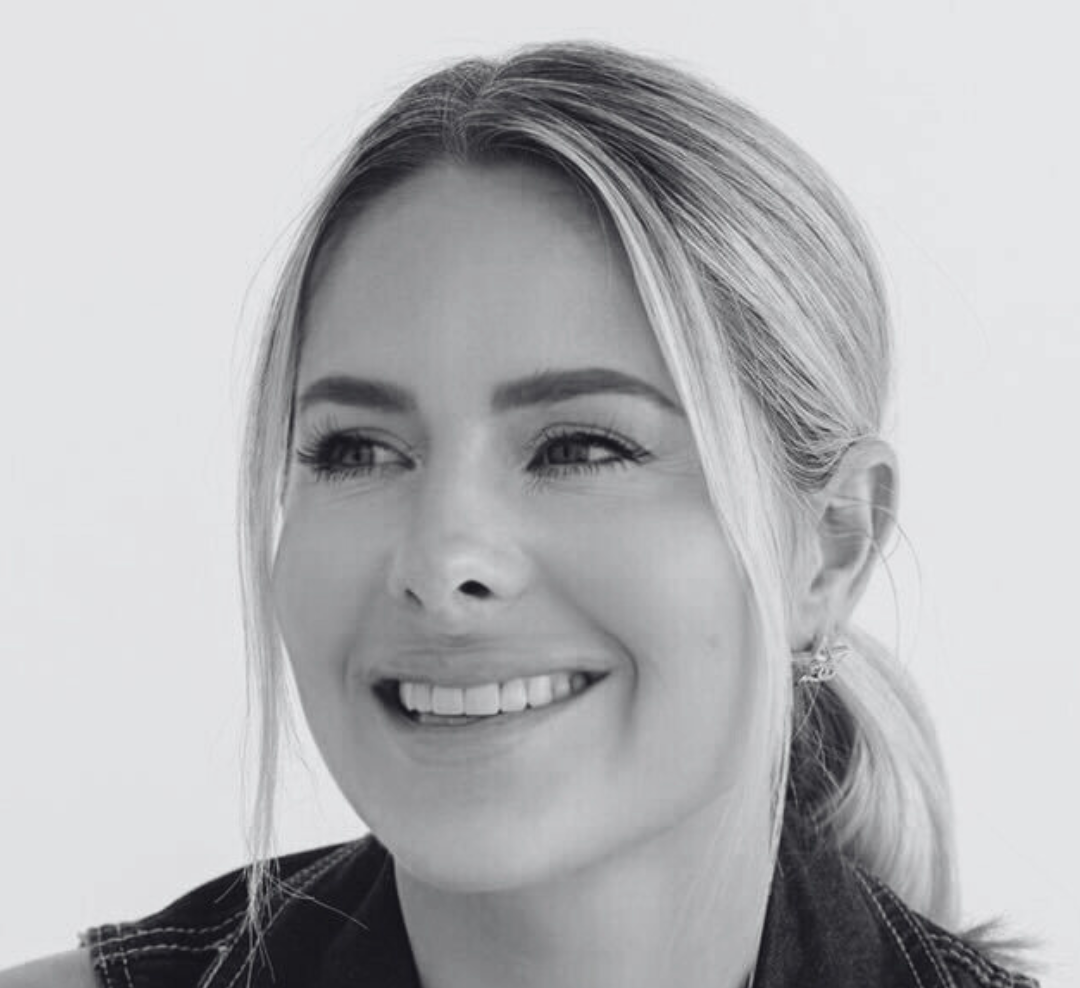
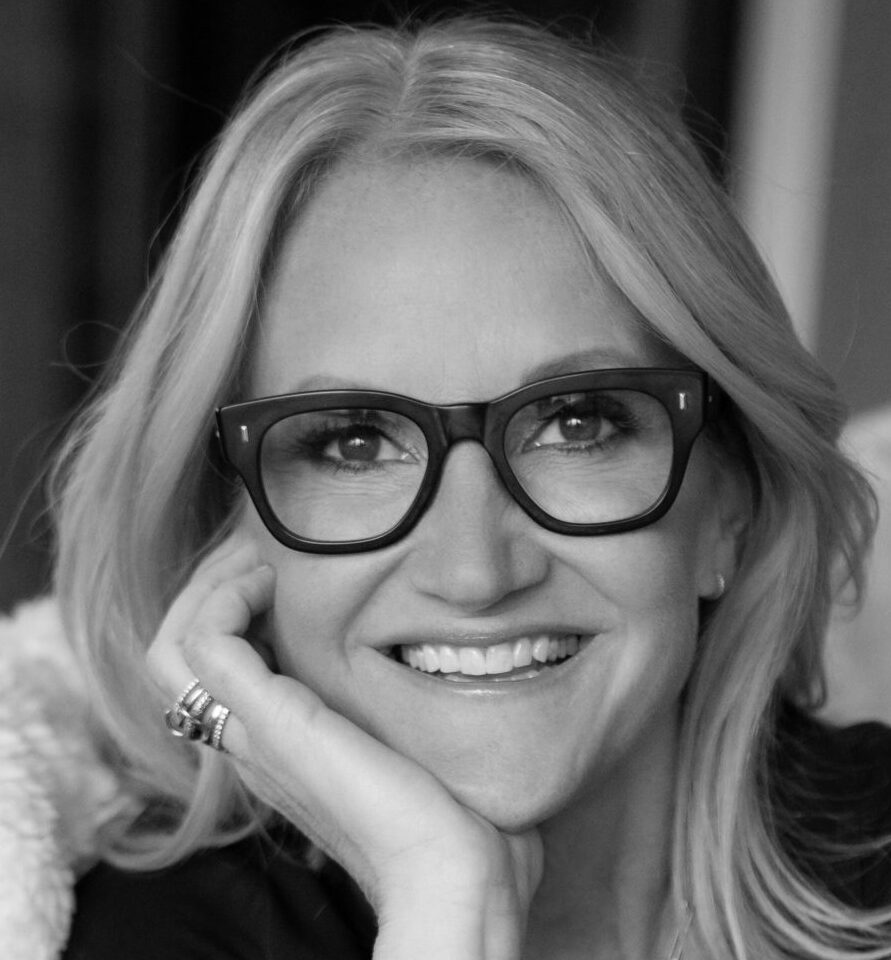
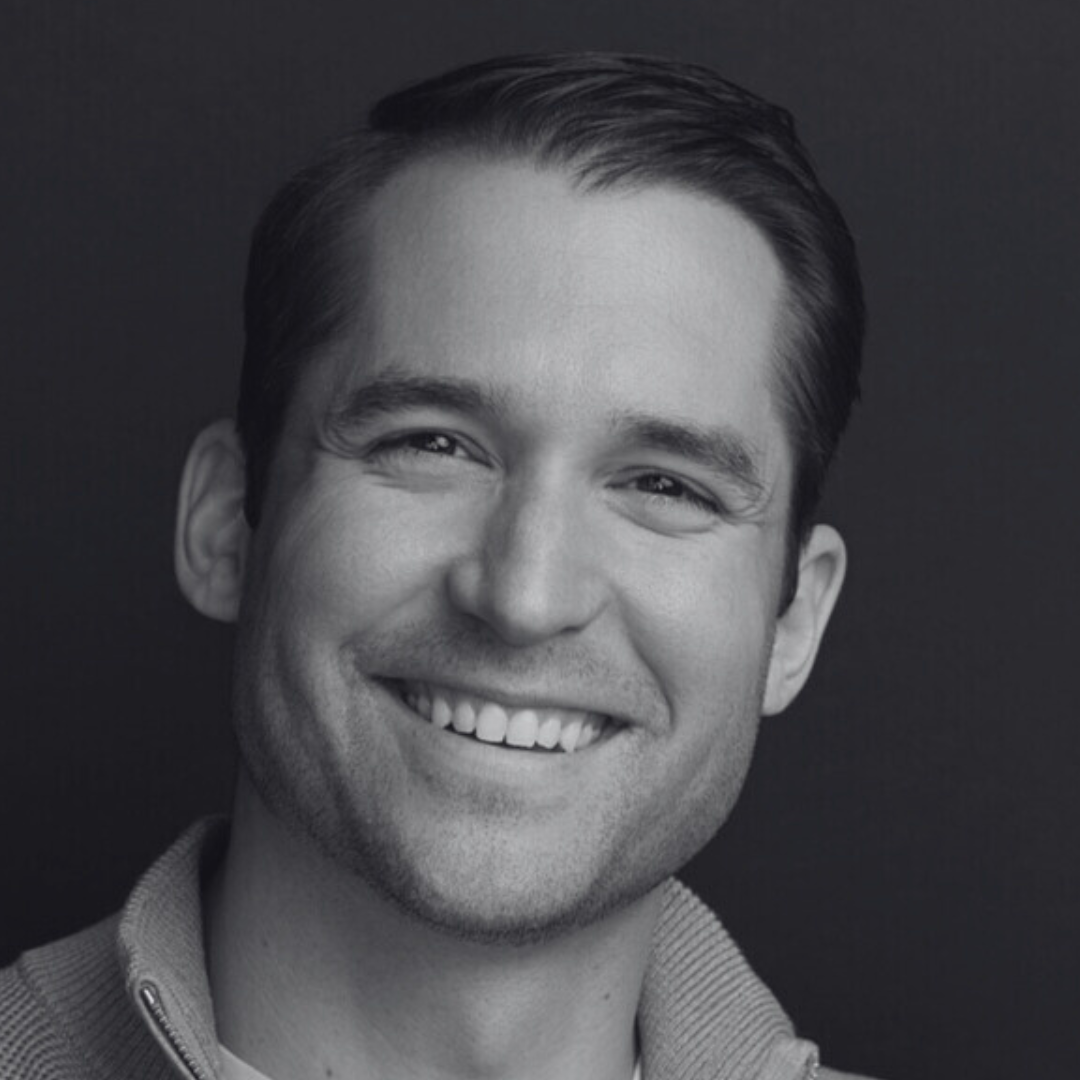


Add a comment
+ show Comments
- Hide Comments